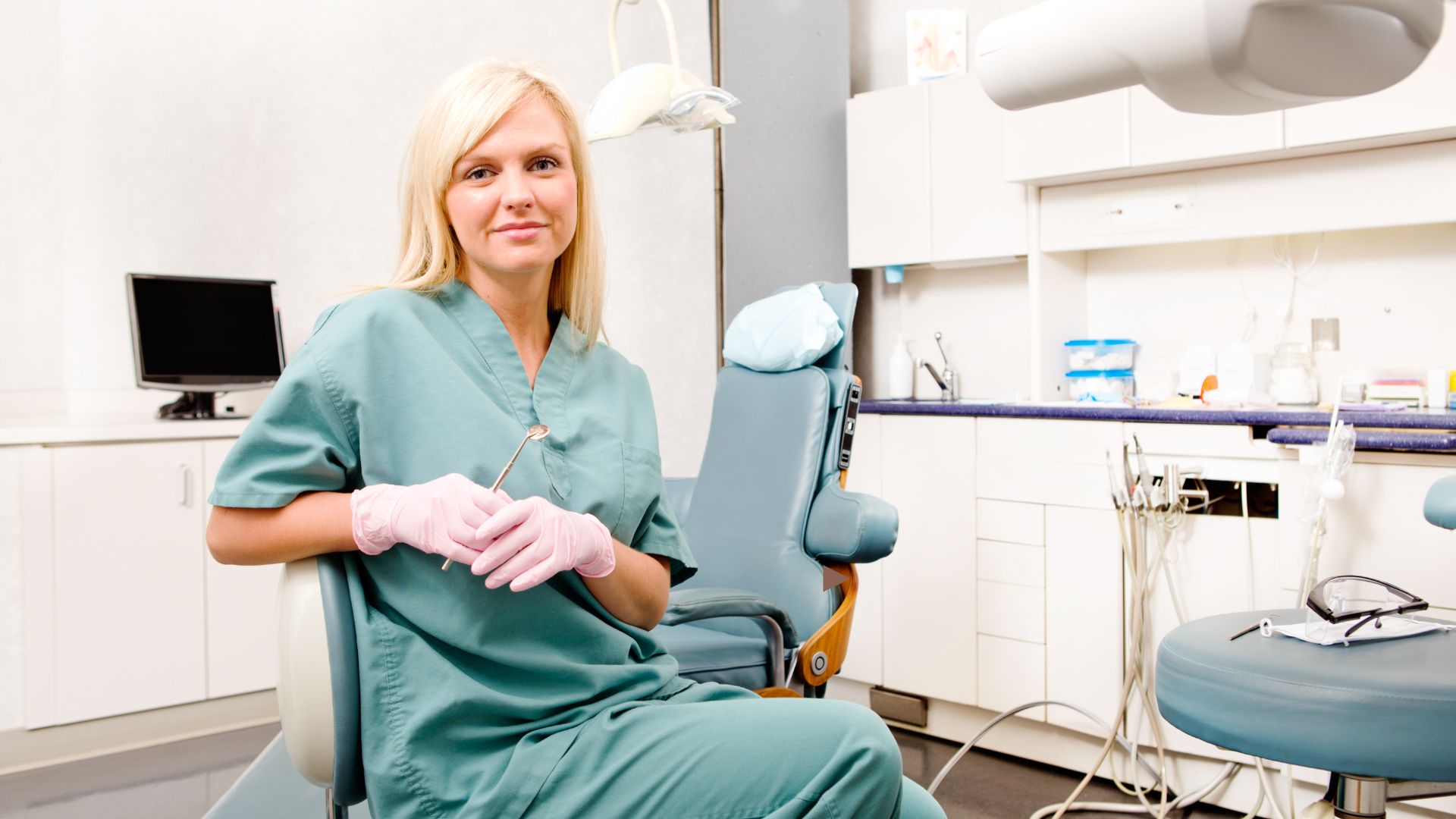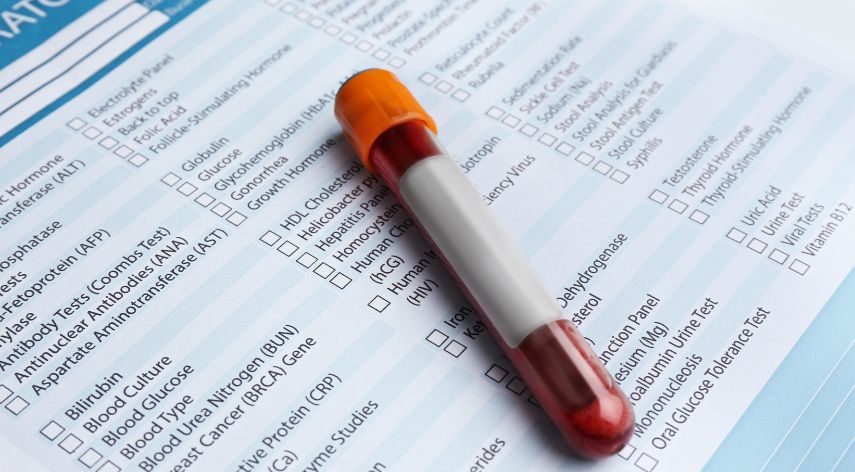How Often Should You Visit a Dental Hygienist in the UK?

Oral health is an integral part of overall well-being. Healthy teeth and gums not only contribute to a beautiful smile but also significantly impact our physical and mental health. Neglecting oral hygiene can lead to serious consequences, such as tooth decay, gum disease, and even systemic health issues.
A dental hygienist plays a crucial role in maintaining optimal oral health. They are qualified professionals who provide a range of preventative and therapeutic services to keep your teeth and gums in top condition. This blog aims to guide UK residents on how often they should visit a dental hygienist based on individual needs and circumstances.
Table of Contents
ToggleWhat Does a Dental Hygienist Do?
Dental hygienists are highly trained professionals who work alongside dentists to provide comprehensive oral care. Their primary responsibilities include:
- Professional Teeth Cleaning: This involves removing plaque and tartar buildup from teeth and below the gum line.
- Gum Health Checks: Dental hygienists meticulously examine your gums for signs of inflammation, bleeding, or other issues that may indicate gum disease.
- Oral Health Education: They provide valuable advice on proper brushing and flossing techniques, dietary choices that impact oral health, and the use of oral hygiene products.
- Fluoride Treatments: To strengthen tooth enamel and prevent cavities.
- Application of Sealants: To protect the chewing surfaces of teeth from decay.
- Taking X-rays: To assist in diagnosing and monitoring oral health conditions.
Key Difference: While dentists focus on diagnosing and treating oral diseases, dental hygienists primarily focus on preventative care and maintaining oral health.
Why are Regular Visits Essential?
Regular visits to a dental hygienist are crucial for several reasons:
- Early Detection and Prevention: Regular check-ups allow for the early detection of potential problems like cavities, gum disease, and oral cancer, enabling timely treatment and preventing further complications.
- Professional Cleaning: Even with diligent home care, it’s impossible to completely remove plaque and tartar buildup. Professional cleanings ensure thorough removal, preventing the progression of gum disease.
- Personalised Advice: Dental hygienists can provide personalised advice on improving your oral hygiene routine, addressing any specific concerns you may have, and recommending suitable oral care products.
- Maintaining a Healthy Smile: Regular cleanings contribute to a brighter, healthier smile, boosting your confidence and overall well-being.
General Guidelines for Dental Hygienist Visits in the UK
The NHS recommends regular dental check-ups, typically every 6 months to 2 years. However, the frequency of dental hygienist visits may vary depending on several factors:
- Age:
- Children: Regular check-ups and cleanings are essential from an early age to establish good oral health habits and prevent future problems.
- Adults: Most adults benefit from seeing a dental hygienist every 6 months.
- Seniors: As we age, oral health issues may become more prevalent. More frequent visits may be necessary to address age-related concerns and manage potential complications.
- Oral Health History: Individuals with a history of gum disease, cavities, or other oral health problems may require more frequent visits.
- Lifestyle Factors:
- Smoking: Smokers are at a significantly higher risk of gum disease and oral cancer.
- Diet: A diet high in sugar and processed foods can increase the risk of tooth decay.
- Oral Hygiene Habits: Poor brushing and flossing techniques can contribute to plaque buildup and gum disease.
- Private Dental Care: Private dental care often allows for more frequent hygienist visits, providing greater flexibility and personalised care.
Signs You May Need to See a Dental Hygienist More Often
Several signs may indicate a need for more frequent dental hygienist visits:
- Gum Disease Symptoms:
- Bleeding gums
- Red, swollen, or tender gums
- Persistent bad breath
- Loose teeth
- Receding gums
- Plaque or Tartar Buildup:
- Visible plaque or tartar buildup on teeth
- Difficulty removing food particles between teeth
- Recent Dental Work or Orthodontic Treatment: Following dental procedures or orthodontic treatment, more frequent check-ups may be necessary to monitor healing and ensure proper oral hygiene.
- Medical Conditions: Certain medical conditions, such as diabetes and pregnancy, can increase the risk of oral health problems.
Benefits of Regular Dental Hygienist Visits
Regular visits to a dental hygienist offer numerous benefits:
- Prevention of Tooth Decay and Gum Disease: Regular cleanings and professional guidance help prevent the development and progression of tooth decay and gum disease.
- Early Detection of Oral Health Issues: Early detection allows for prompt treatment, minimising the severity of the problem and preventing potential complications.
- Improved Confidence: A cleaner, brighter smile can significantly boost your self-confidence and overall well-being.
- Long-Term Cost Savings: Preventing serious oral health problems through regular check-ups and preventative care can save you significant money on costly dental treatments in the long run.
How to Find a Dental Hygienist in the UK
NHS vs. Private Dental Care:
- NHS Dental Care: Provides access to basic dental care, including check-ups and treatments, but may have limited availability and longer waiting times.
- Private Dental Care: Offers greater flexibility, shorter waiting times, and a wider range of services, including cosmetic dentistry and more frequent hygienist visits. However, it typically comes at a higher cost.
Tips for Choosing a Qualified Dental Hygienist:
- Check Qualifications: Ensure the hygienist is registered with the General Dental Council (GDC), the regulatory body for dental professionals in the UK.
- Read Reviews: Look for online reviews and testimonials from previous patients.
- Consider Location and Accessibility: Choose a practice that is conveniently located and easily accessible for you.
- Schedule a Consultation: Schedule a consultation to meet the hygienist and discuss your individual needs and concerns.
Booking an Appointment and What to Expect:
- Contact the dental practice to schedule an appointment.
- Be prepared to provide your medical history and any relevant information about your oral health.
- During your visit, the hygienist will conduct a thorough examination, clean your teeth, and provide personalised advice on maintaining good oral health.
Conclusion
Maintaining optimal oral health is crucial for overall well-being. Regular visits to a Dental Hygienist are essential for preventing oral health problems, detecting issues early, and maintaining a healthy, beautiful smile. The frequency of your visits may vary depending on your individual needs and circumstances.
It is essential to consult with your dentist to determine the most appropriate frequency of Dental Hygienist visits for you. By prioritising preventative care and following the advice of your dental professionals, you can enjoy a lifetime of healthy teeth and gums.
At Dental Hygienist, we are committed to providing personalised care and expert guidance to help you achieve and maintain the best possible oral health. Trust our team to support you on your journey to a brighter, healthier smile.
Lareal Young is a dedicated healthy lifestyle specialist with a passion for promoting overall well-being. Armed with expertise in nutrition, fitness, and holistic health, Lareal inspires positive transformations in individuals seeking a balanced and vibrant life. His personalized approach and commitment to sustainable habits make him a trusted guide on the journey to optimal health.
Recommended For You
Spread the loveIn the UK, sexually transmitted infections (STIs) are a common concern. Receiving a positive STI test result can
Spread the loveA colposcopy is a procedure used to examine the cervix, vagina, and vulva for abnormal cells. It involves
Spread the loveAre you striving to lose weight without sacrificing your health? With weight loss advice seemingly coming from every





